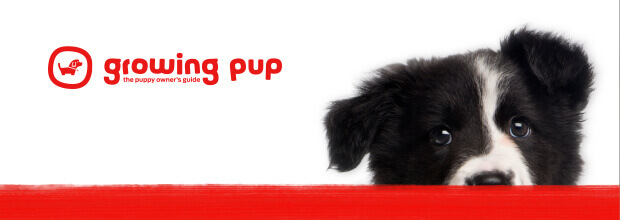Yorkshire Terrier
Country of Origin: England and Scotland
The origin of this breed isn’t perfectly clear, but it is sometimes tracked down all the way to the 1850s when Scottish weavers brought a small terrier with them to Yorkshire and Lancashire. These 'Broken-Haired Scotch Terriers,' interbred with local small terriers to provide a Northern ratter working dog who quickly become popular as a very effective factory and mining vermin-killer.
After further breeds were used to perfect this terrier such as the Manchester Terrier or the Maltese, it was first shown as the Scotch Terrier in 1861, before it became known as Yorkshire Terrier and recognised by the Kennel Club in 1886.
While the breed was a working ratter, the Yorkshire Terrier soon became popular with wealthy ladies as a companion and this popularity led to selective breeding to make them even smaller. Interestingly while the dog got smaller, their coat length stayed virtually the same - hence the long coats that can still be seen on show dogs.
Poodle
Country of origin: Germany
The original Poodle is the Standard Poodle, a water retrieving dog. Owners wanting to make sure their dogs didn’t get waterlogged gave these dogs their unusual haircuts. The Miniature and Toy Poodles were created purely as smaller versions of the original Poodle for owners who didn’t want such a large dog but enjoyed this breed’s personality. These smaller Poodles quickly became popular and many found work in circuses thanks to their ability to learn new tricks.
The Yorkipoo can have any combination of the two breeds in their appearance, behaviour and temperament.













